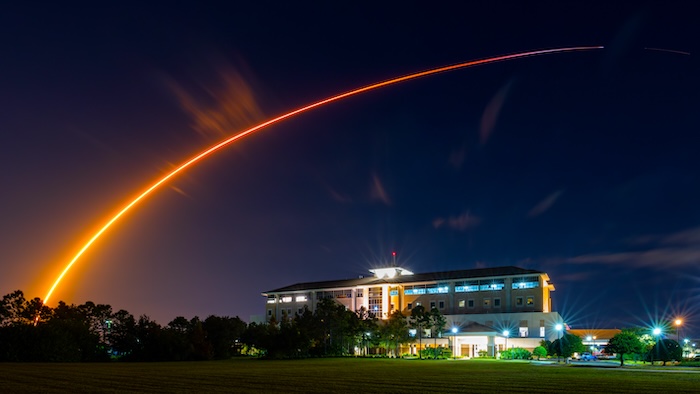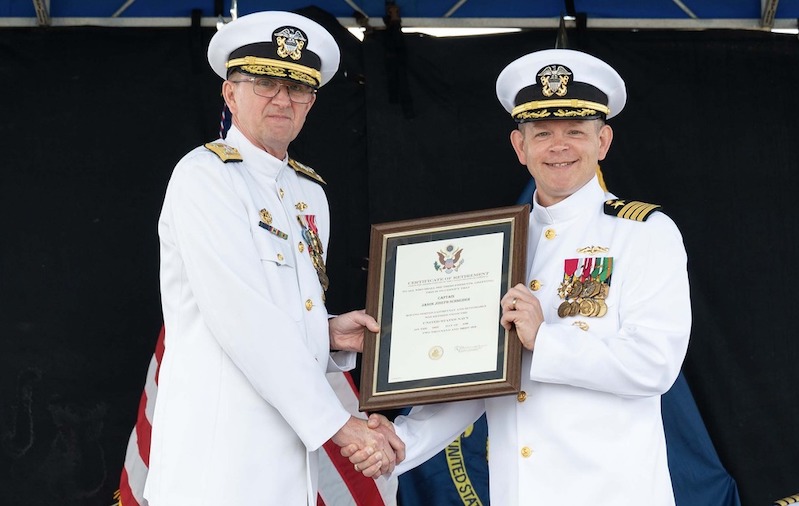NASA’s Derrick Pitts Talks About His Lifelong Passion For Space in Honor of Black History Month
By NASA // February 19, 2023
Chief Astronomer of the Fels Planetarium
ABOVE VIDEO: Eat. Breathe. Do Science. Sleep later. That’s the motto of Derrick Pitts, NASA Solar System Ambassador.

(NASA) – Eat. Breathe. Do Science. Sleep later. That’s the motto of Derrick Pitts, NASA Solar System Ambassador.
When asked about the first time he made a personal connection with space, Pitts answered:
“There are three instances (all realizations about the sky before I was 12): First was when as a child, enthralled with the rockets of the space program, I realized that Mercury astronauts Shepard, Grissom and Glenn were going to fly in space.
“Second was when I realized that my street ran east-west and the adjacent street running north-south T’d into mine and I could use the street set-up as a solar clock, reading the motion of Earth in the solar system.
“Third was when I went out onto my street to look up at the sky after reading a “Scientific American” article about how spectra of the most distant galaxies told the story of the expansion of the universe. I looked into the sky with a totally different understanding of it than I had just a few hours before.”
Since 1990 he has been the Chief Astronomer and Director of the Fels Planetarium at The Franklin Institute in Philadelphia.
He has been a NASA Solar System Ambassador since 2009 and previously served as the “Astrobiology Ambassador” for the NASA/MIRS/UNCF Special Program Corporation’s Astrobiology Partnership Program.
He also served as a science museum/planetarium/community outreach advisory board member for the next generation Thirty Meter Telescope, currently under construction at Mauna Kea Observatory, Hawaii.
















